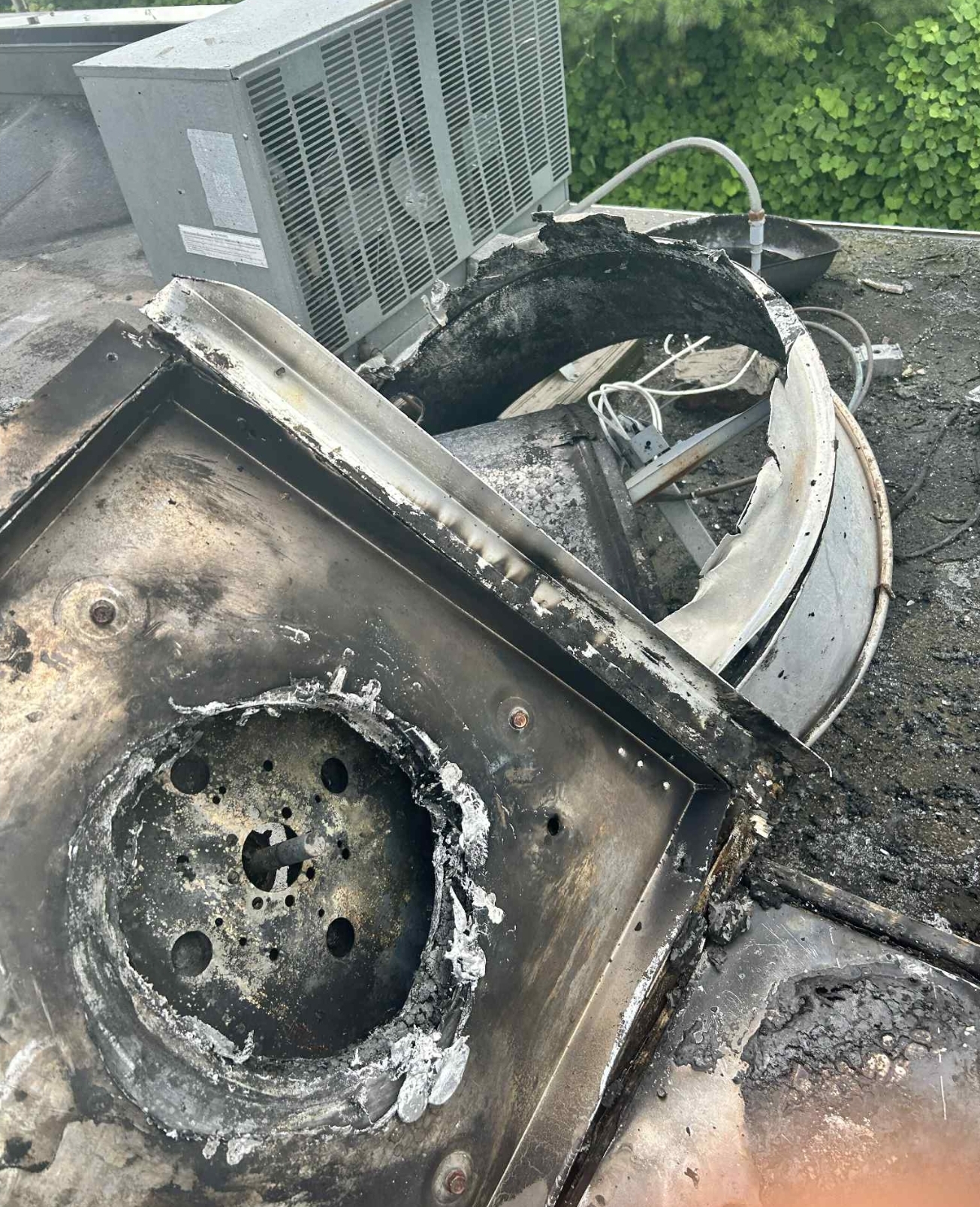Disaster preparation is complex
Published 3:19 pm Thursday, November 7, 2024
|
Getting your Trinity Audio player ready...
|
While I appreciate the impassioned plea in Larry McDermott’s November 3rd article, I’m afraid he’s only identified a piece of the problem. As in other states, the Governor is responsible for disaster preparation and managing and coordinating disaster response. Almost all disaster planning in North Carolina has been focused on the coast and eastern watersheds, even though the West has a history of catastrophic floods, such as those in 1890 and 1916. It’s clear that while our local and state personnel performed with heroic dedication, a lack of pre-event coordination led to delays and, at times, confusion in integrating federal and volunteer organizations into the relief efforts.
Not to pick too fine a point, but Mr. McDermott suggests that elevated buildings or stricter building codes would have made a significant difference. While such building changes do help mitigate damage in coastal areas, they would have done little to ease the type of destruction Helene brought to us. The high-velocity stream flows and widespread tree damage aren’t typically seen along the coast, and upgraded codes don’t cover the conditions we saw.
So, what can and should be done? The first issue I believe needs to be addressed is the lack of reliable communications during a disaster. Over the past two decades, cell service has moved from being a convenient option to an essential service. During, and for an extended time after, most people in the area affected by Helene lost their cell service. Trapped by rushing waters or fallen trees, many were unable to connect with the services they so desperately needed. In addition, family and friends were unable to reach loved ones. It’s clear that having reliable cell service during an emergency has evolved from “nice-to-have” to “critical infrastructure.”
Given the dispersed nature of the equipment providing power, telephone and internet, it’s understandable why Helene caused extensive outages. However, why were our cell service providers, whose equipment is much more centralized, so unprepared? Perhaps it’s time for our three largest cell carriers to harden their sites to withstand severe weather events and to provide on-site backup power that will allow their systems to operate reliably for at least a week. If our largest carriers can’t do this on their own, perhaps our federal representatives can find a way to carve a piece out of the Infrastructure Bill to be used for actual infrastructure.
Disaster preparation is a complex activity that requires cooperation between, and commitment from, several parts of our state government. The Governor is required to prepare and recommend a comprehensive budget to the General Assembly, and the Assembly is required to approve a budget that best serves the state of North Carolina. Let’s encourage both the legislative and executive branches to learn from Helene and improve disaster preparation in Western North Carolina before the next tragic event.
Jack Kern
Tryon





